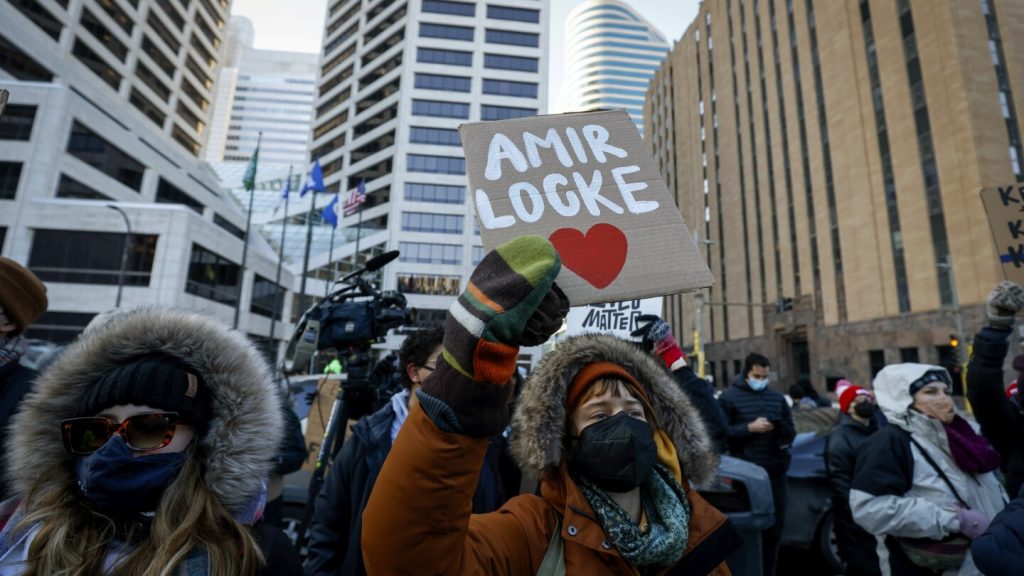Ali’s sentencing comes at a time when the debate over the use of no-knock warrants is at the forefront of public consciousness. The fatal shooting of Amir Locke by a Minneapolis police officer during a search warrant execution in February 2022 has sparked outrage and calls for reform. Locke, who was not the target of the warrant, was shot as he emerged from under a blanket with a handgun. While prosecutors deemed the officer’s actions justified, Locke’s family has contested this, arguing that he was startled awake and posed no threat.
The incident involving Locke’s death occurred amidst the trial of three former Minneapolis police officers in federal court for their involvement in the killing of George Floyd. The case had already ignited a national conversation about police brutality and racial injustice, leading to increased scrutiny of law enforcement practices. Locke’s tragic death further amplified calls for accountability and transparency within the criminal justice system, particularly regarding the use of force by police.
Feysal Jama Ali, the teenager sentenced to four years in relation to the killing of Otis Elder in St. Paul, was identified as an accomplice after the fact. His cousin, Mekhi Camden Speed, was responsible for shooting Elder during a marijuana deal gone wrong. Speed, who was 17 at the time of the incident, pleaded guilty to aiding and abetting second-degree unintentional murder while committing an armed robbery and was sentenced to over 16 years in prison in July. Ali’s sentencing marks the resolution of his involvement in the crime as part of a plea deal.
The circumstances surrounding Elder’s killing shed light on the prevalence of violence associated with illegal activities, such as drug deals, and the impact it can have on communities. The tragic chain of events that unfolded, resulting in the loss of multiple lives, underscores the need for preventive measures and intervention to address the root causes of such criminal behavior. As young individuals like Ali and Speed face the consequences of their actions, it serves as a reminder of the importance of education, mentorship, and support systems in steering youths away from crime.
Locke’s death, alongside the ongoing legal proceedings related to the killing of George Floyd, has reignited debates about police accountability and reform. The public outcry over the use of no-knock warrants, as exemplified by Locke’s case, underscores the potential dangers and risks involved in such police operations. Calls for banning or restricting the use of no-knock warrants have gained traction, with advocates emphasizing the need for stricter oversight and protocols to prevent tragic outcomes like Locke’s death. The intersection of these cases highlights the interconnectedness of systemic issues within the criminal justice system and the urgent need for comprehensive reform.
As the legal proceedings surrounding these cases continue to unfold, the impacted communities, families, and individuals are left grappling with the aftermath of violence and loss. The broader implications of these incidents, from police misconduct to criminal activity, serve as a sobering reminder of the complexities and challenges inherent in delivering justice and ensuring public safety. Moving forward, the focus must shift towards addressing the systemic issues that fuel crime and violence, promoting transparency and accountability within law enforcement, and fostering a culture of trust and collaboration between communities and the authorities to prevent future tragedies.















